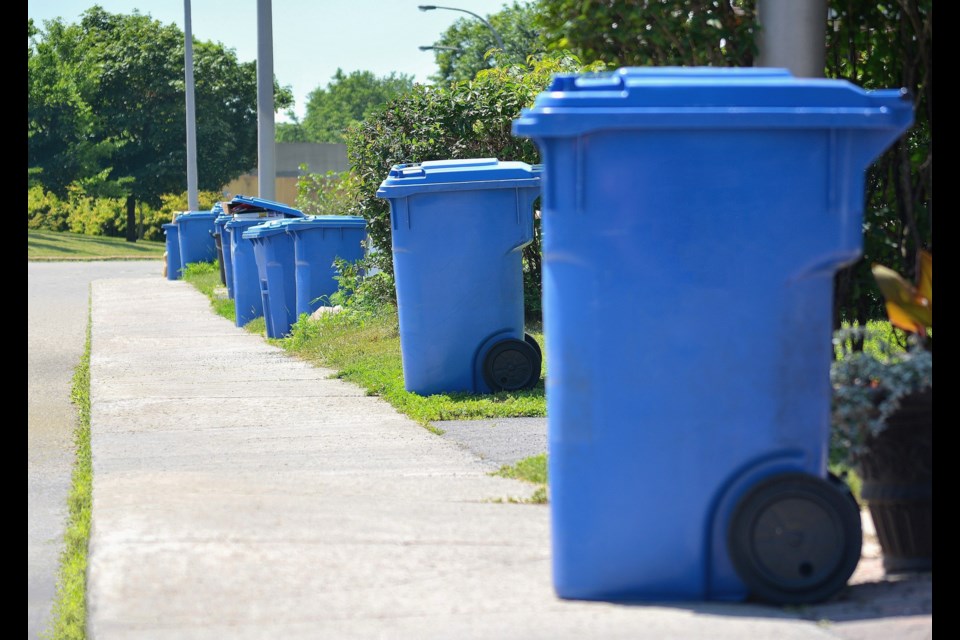Depending on the municipality where they reside, British Columbians have lived for about a year without plastic carryout bags.
A ban implemented in some cities was meant to compel the province’s residents to bring their own reusable bags inside stores or to rely on paper options that would still carry a cost at the cash register.
This month, Research Co. and Glacier Media tracked the views of British Columbians to see if the ban on plastic bags has led to a change in behaviour. More than four in five of the province’s residents (85 per cent) say they are using their own reusable bag when they transport groceries out of a store after buying them. One in eight (13 per cent) continue to rely on a bag provided by, or purchased at, the store.
The numbers represent a shift from a poll conducted in December 2021, when some municipalities were about to bring in their bans on plastic carryout bags. At the time, 76 per cent of British Columbians went to stores with their reusable bag, and 20 per cent took what the store gave them, whether it was manufactured with paper or plastic.
It is fair to say that our behaviour has changed for two reasons. Primarily, we are not happy to part with a quarter every time we go to the supermarket. Another issue is the fact that the paper bags that are now being sold at most stores do not adequately fit our needs. Some of them lack handles, and bulky or heavy items can easily go through them.
On the issue of arriving at the grocery store with a reusable bag, the generational gap is fascinating. One could assume that British Columbians aged 18 to 34, who have consistently expressed concerns about environmental issues, would be the most likely to welcome this new way of shopping. In fact, British Columbians aged 55 and over and aged 35 to 54 are more likely to head to stores with a reusable bag (96 per cent and 85 per cent, respectively) than those aged 18 to 34 (69 per cent). Practically a quarter of the province’s youngest adults (24 per cent) take or buy whatever the store is offering to carry their groceries out.
The past year has not brought a sizable shift on other behaviours. About half of British Columbians (49 per cent, down two points since December 2021) say they always go out of their way to recycle, such as holding on to bottles and cans until they can be placed into a proper recycling bin. Again, the youngest adults in the province lag behind their older counterparts. Only 29 per cent of those aged 18 to 34 always make sure that their garbage goes in the correct receptacle.
About one in five British Columbians (19 per cent, down one point) say they always limit hot water use in their home, such as taking shorter showers or running the washing machine or the dishwasher with full loads only. Fewer British Columbians are always strict about other issues, such as unplugging electrical devices when they are not in use (12 per cent, unchanged), buying biodegradable products (nine per cent, up four points) or eating organic or homegrown foods (five per cent, unchanged).
When we compare these results to the situation we reported on in late 2021, our survey sends mixed messages about the behaviour of British Columbians. There is little change in the way the province’s residents look at specific actions that are deemed environmentally friendly, such as always recycling and limiting hot water use. Abandoning single-use plastics appears to be a worthy cause for most. Yet while more British Columbians are relying on reusable bags when they buy groceries, the youngest adults are sometimes oblivious.
Mario Canseco is president of Research Co.
Results are based on an online study conducted on Jan. 9-11, 2023, among 800 adults in British Columbia. The data has been statistically weighted according to Canadian census figures for age, gender and region in British Columbia. The margin of error – which measures sample variability – is plus or minus 3.5 percentage points, 19 times out of 20.



